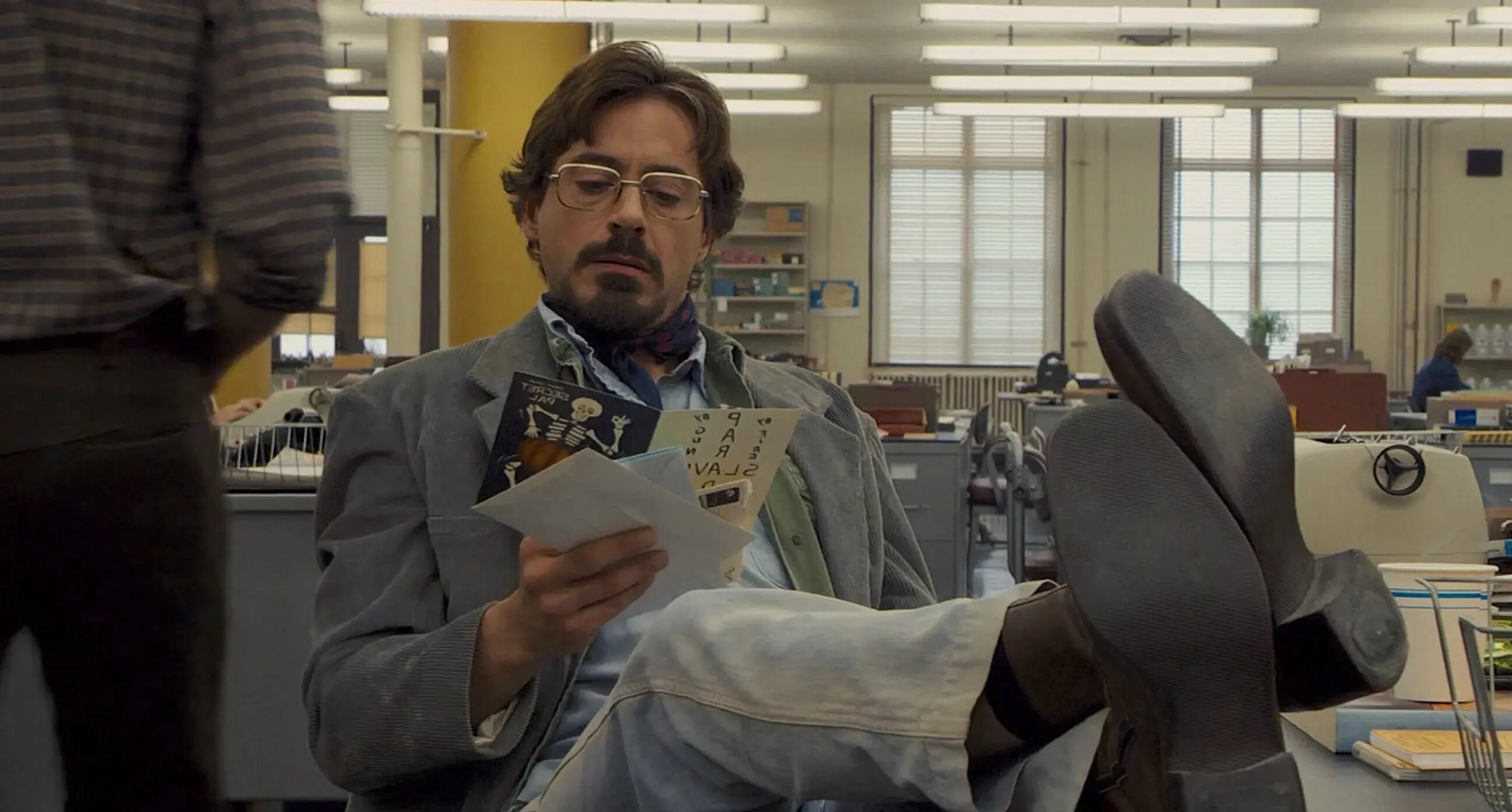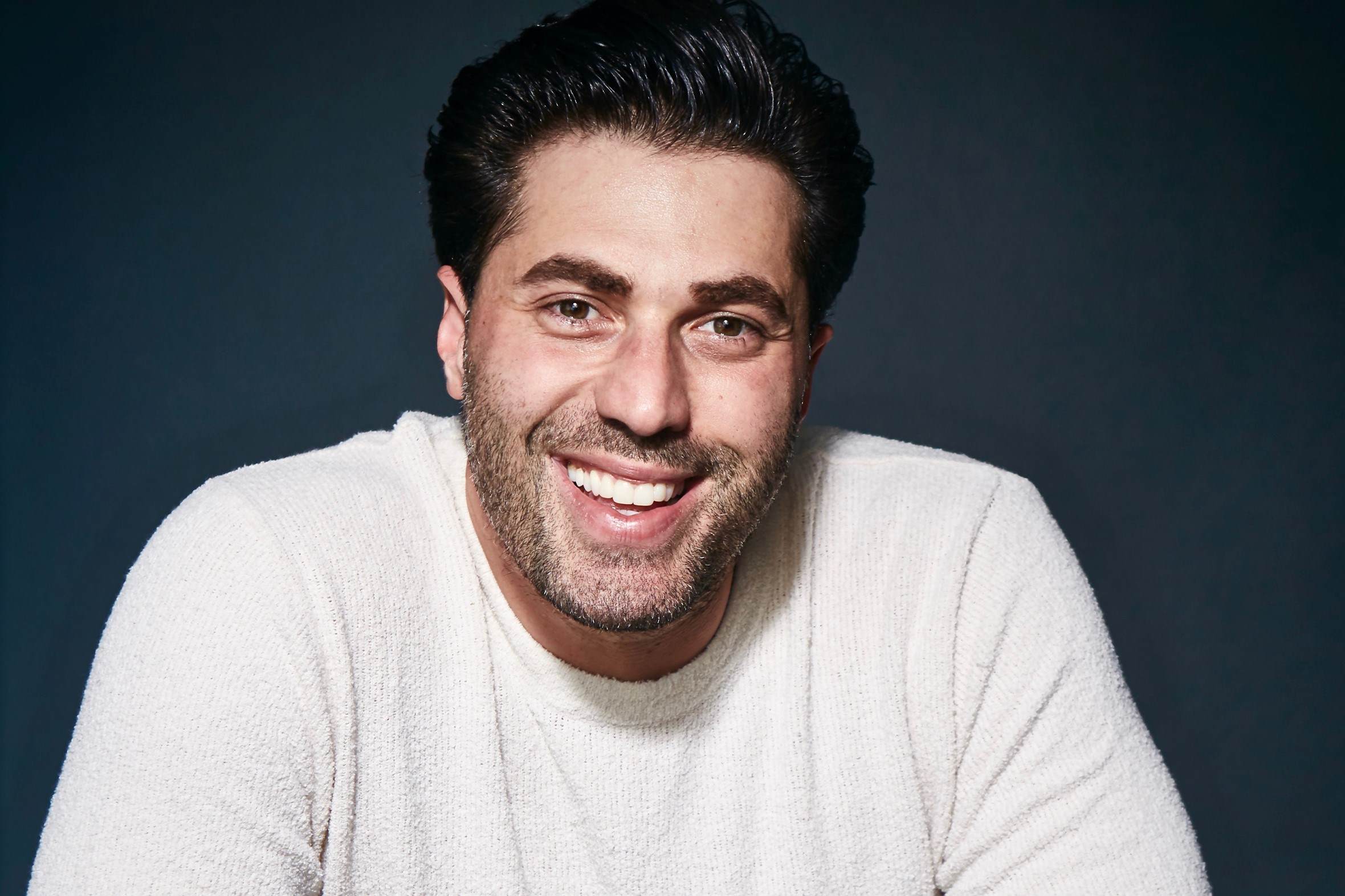
Who was Paul Avery? Paul Avery was a renowned journalist best known for his work at the San Francisco Chronicle during the 1960s and 1970s. He gained national attention for his coverage of the Zodiac Killer, a mysterious and still-unidentified serial killer who terrorized Northern California. Avery's fearless reporting and dedication to uncovering the truth made him a key figure in the investigation. Despite receiving personal threats from the Zodiac Killer, he continued his work undeterred. Avery's career spanned various high-profile cases, and his contributions to journalism remain significant. Let's dive into 37 intriguing facts about Paul Avery's life and career.
Key Takeaways:
- Paul Avery was a fearless journalist who uncovered the truth behind high-profile cases, inspiring future reporters and leaving a lasting impact on true crime history.
- Despite facing challenges, Paul Avery's dedication to journalism and pursuit of the truth set a standard for investigative reporting, leaving behind a legacy that continues to inspire aspiring journalists.
Early Life and Education
Paul Avery, a notable journalist, had a life filled with intriguing events and accomplishments. Let's dive into some fascinating facts about his early years and education.
- Born on April 2, 1934, in Honolulu, Hawaii, Avery spent his childhood in various locations due to his father's military career.
- Avery attended the University of Hawaii, where he majored in journalism, sparking his passion for investigative reporting.
- He transferred to the University of Southern California, continuing his studies in journalism and honing his writing skills.
- During his college years, Avery worked for the student newspaper, gaining valuable experience that would shape his future career.
Career Beginnings
Avery's career took off in the 1960s, where he made a name for himself as a dedicated and fearless journalist.
- Avery started his professional career at the Honolulu Advertiser, covering local news and honing his investigative skills.
- He moved to California and joined the San Francisco Chronicle, where he worked as a crime reporter.
- Avery's reporting on the Zodiac Killer case brought him national recognition and established him as a prominent figure in journalism.
- He received numerous death threats from the Zodiac Killer, yet continued his investigative work undeterred.
Notable Investigations
Avery's career was marked by several high-profile investigations that showcased his tenacity and dedication to uncovering the truth.
- Avery played a significant role in the investigation of the Zodiac Killer, contributing to the public's understanding of the case.
- He exposed corruption within the San Francisco Police Department, leading to significant reforms.
- Avery's reporting on the Patty Hearst kidnapping case provided crucial insights into the Symbionese Liberation Army.
- He covered the Jonestown Massacre, bringing attention to the tragic events that unfolded in Guyana.
Personal Life
Beyond his professional achievements, Avery's personal life was equally compelling, filled with unique experiences and relationships.
- Avery married Margo St. James, a well-known feminist and activist, in 1974.
- The couple had one child, a son named Christian.
- Avery was known for his adventurous spirit, often taking on dangerous assignments that others would shy away from.
- He had a close friendship with fellow journalist Hunter S. Thompson, sharing a mutual respect for each other's work.
Legacy and Impact
Avery's contributions to journalism left a lasting impact, inspiring future generations of reporters and investigators.
- Avery's fearless reporting set a standard for investigative journalism, emphasizing the importance of uncovering the truth.
- His work on the Zodiac Killer case remains a significant part of true crime history, influencing numerous books, documentaries, and films.
- Avery's dedication to exposing corruption and injustice earned him respect and admiration from his peers.
- He received several awards for his investigative reporting, including the prestigious George Polk Award.
Later Years and Death
Avery's later years were marked by continued dedication to journalism, despite facing numerous challenges.
- Avery continued to work as a journalist until his health began to decline in the late 1990s.
- He was diagnosed with pulmonary emphysema, a condition that significantly impacted his ability to work.
- Despite his illness, Avery remained passionate about journalism, often providing insights and advice to younger reporters.
- Avery passed away on December 10, 2000, leaving behind a legacy of fearless reporting and dedication to the truth.
Interesting Tidbits
Here are some lesser-known facts about Paul Avery that add depth to his already fascinating life story.
- Avery was an avid sailor, often spending his free time on the water.
- He had a love for jazz music, frequently attending live performances in San Francisco.
- Avery was known for his distinctive sense of humor, often using wit to diffuse tense situations.
- He was a mentor to many young journalists, offering guidance and support throughout their careers.
- Avery's work inspired several fictional characters in books and films, highlighting his influence on popular culture.
- He was posthumously portrayed by Robert Downey Jr. in the 2007 film "Zodiac," bringing renewed attention to his life and work.
- Avery's investigative techniques are still studied in journalism schools, serving as a model for aspiring reporters.
- He had a knack for building strong sources, often gaining the trust of individuals involved in his investigations.
- Avery's reporting style was characterized by thorough research, attention to detail, and a relentless pursuit of the truth.
- He was a frequent guest on television and radio programs, sharing his insights on high-profile cases.
- Avery's legacy continues to inspire journalists to take risks and pursue stories that matter.
- His contributions to the field of journalism have been recognized by numerous organizations and institutions.
- Avery's life and work serve as a reminder of the power of journalism to effect change and hold those in power accountable.
Final Thoughts on Paul Avery
Paul Avery's life was a whirlwind of journalistic triumphs and personal challenges. Known for his tenacity and fearlessness, he played a pivotal role in covering the Zodiac Killer case, bringing crucial information to the public. Avery's dedication to uncovering the truth, even at great personal risk, showcased his commitment to journalism. Despite facing threats and health issues, he continued to pursue stories that mattered. His work left an indelible mark on investigative journalism, inspiring future generations of reporters. Avery's legacy is a testament to the power of determination and the impact one person can have in the world of news. Remembering Paul Avery means celebrating a life dedicated to truth and justice, reminding us of the importance of courage in the face of adversity.
Frequently Asked Questions
Was this page helpful?
Our commitment to delivering trustworthy and engaging content is at the heart of what we do. Each fact on our site is contributed by real users like you, bringing a wealth of diverse insights and information. To ensure the highest standards of accuracy and reliability, our dedicated editors meticulously review each submission. This process guarantees that the facts we share are not only fascinating but also credible. Trust in our commitment to quality and authenticity as you explore and learn with us.


